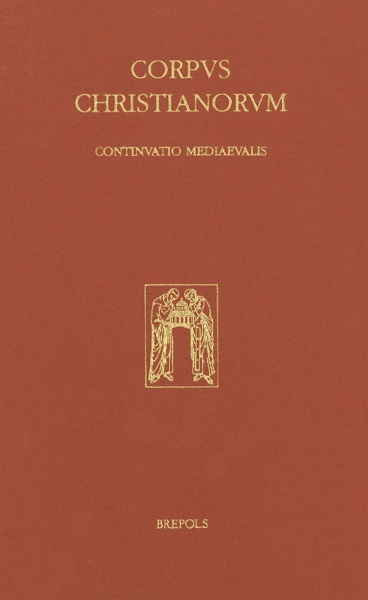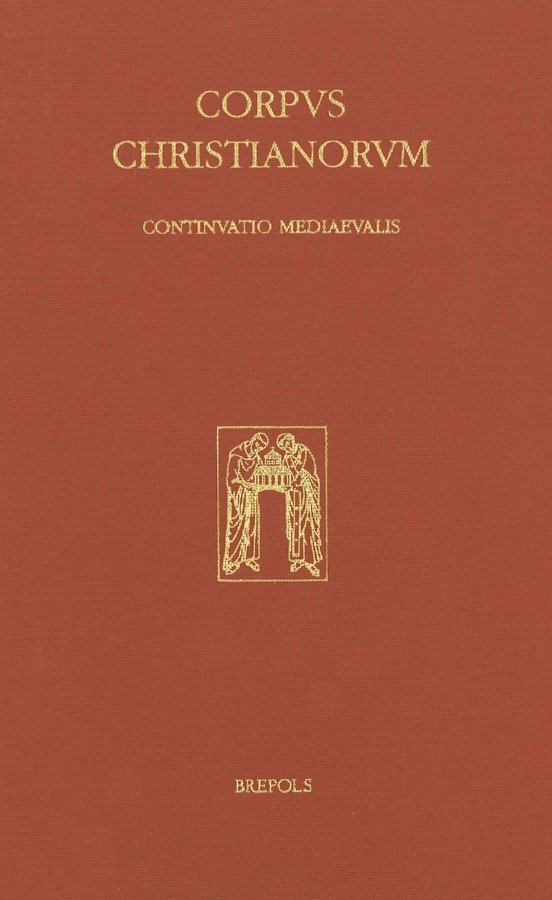
- Pages: 335 p.
- Size:155 x 245 mm
- Language(s):Latin, English
- Publication Year:2002
- € 165,00 EXCL. VAT RETAIL PRICE
- ISBN: 978-2-503-04691-4
- Hardback
- Available
(D. Lifshitz, in: The Journal of Medieval Latin, 14, 2004, p. 201-204)
« L’analyse que Fréculf de Lisieux porte sur l’Antiquité nous renvoie à l’actualité politique de sa propre époque. Il ne faut nul doute que la présente édition contribuera grandement à une meilleure compréhension de la pensée politique des lettrés carolingiens. »
(Philippe Depreux, in : Francia, 31/1, 2004, p. 297)
« Die sorgfältige und mustergültige erschlossene Edition des für die karolingerzeitliche Geschichtssicht so wichtigen Werkes eröffnet vielfältige Perspektiven auf die weitere Erforschung eines umfangreichen Textes. A. had der Forschung ein ‘opus magnum’ zur Verfügung gestellt.. »
(Julian Führer, in : Mittellateinisches Jahrbuch, 42, 2007, p. 297)





